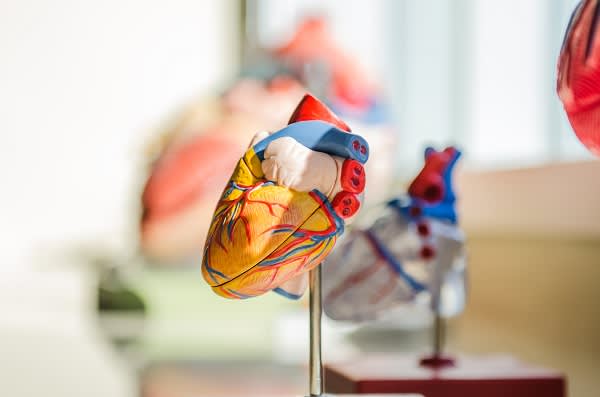
Keto 101: What Are the Side Effects of a Keto Diet?
Keto 101: What Are the Side Effects of a Keto Diet?
Keto side effects: the downsides of the keto diet
The benefits of the keto diet are numerous. From weight loss to a reduced risk of health complications, there are many reasons why so many people have opted to “go keto.” However, before you start your keto journey, it’s important to educate yourself on the possible side effects of the keto diet. While negative side effects are few and usually quite mild, and the only long-term side effect seems to be weight loss, it’s important to know that there are, indeed, side effects. Read on to find out more about the common keto side effects.

The most common side effect: the keto flu
The so called keto flu is an almost inevitable side effect of going on the keto diet. Ketosis is a state your body isn’t used to, and as a result, it is going to need some time to adjust. As it first starts burning fat and producing ketones, you may notice the following symptoms:
- Headaches
- Irritability
- Fatigue
- Brain fog
- Weakness
- Constipation
- Nausea
- Sugar Cravings
- Poor sleep
And the main reason for keto flu? Dehydration. You’ll notice that as you enter ketosis, you may have to urinate more frequently. This is because your body is making ketones, therefore eliminating waste created from breaking down fats. This increase in urination may lead to dehydration and a lack of important electrolytes like sodium and potassium, and this deficiency can bring on many of these symptoms.

What’s more, before going keto, your body used carbohydrates as its main source of energy. Naturally, your body will give you signals to feed it what it knows. So, get ready for some intense sugar cravings and other withdrawal symptoms while experiencing keto flu.
The good news, though, is that the keto flu doesn’t last more than a week at most. The best way to combat keto flu is with plenty of water and no-sugar electrolyte drinks or supplements, rest, eat plenty of fat, and be patient. Though unpleasant, this set of keto side effects is only temporary and you’ll come out better on the other side of it. You can do it! That being said, if your keto flu symptoms last more than a week, or are accompanied by diarrhea, fever, or vomiting, contact your physician to rule out more serious issues.

What about the keto rash? Will I get it? What can I do about it?
A far less common keto side effect is the so-called “keto rash.” Researchers are not completely sure what causes this type of dermatitis. There is, however, a strong correlation between it and being in a state of ketosis, ergo the nickname “keto rash.” It is a rare side effect characterized by the following:
- A red, itchy rash on the chest, upper back, neck, and abdomen
- Red spots that have a web-like appearance
- Grains and cereals (this includes whole grains like quinoa and bulgur)
- A lingering dark brown pattern on the skin once the spots are gone
A keto rash is not dangerous or contagious. The best way to combat it is to make sure you’re getting enough vitamins and nutrients and eliminate any known food allergies. If that doesn’t help, you may have to give the keto diet a break or talk to your physician about anti-inflammatory medicines.
I have diabetes. Can I be on the keto diet?

Other possible keto side effects
Though the positives seem to outweigh the negatives, there are some other keto side effects that could arise and are worth mentioning:
- Long term effects on the heart:The American College of Cardiology released a study that links low carb diets to an increased risk of developing AFib, a serious condition that causes the heart to beat irregularly. Having AFib ups the chances of stroke and heart attack 5-fold. It was found that those with a low daily intake of grains, fruits, and starchy vegetables are significantly more at risk of developing AFib.
- Kidney stones are a well-noted potential side effect of the ketogenic diet. To help avoid this, make sure you’re not over-doing it on the processed meats. These make your urine more acidic as well as increase uric acid and calcium levels, a combo that makes you particularly susceptible to kidney stones.
- For many people, the long-term exclusion of high fiber foods can lead to digestive issues like diarrhea and constipation.
As with any diet, it’s important to listen to your body and pay attention to any side effects that come up. When in doubt, consult your physician.
